Project Iceman Film Review – A Yes Theory Production
“Limitations are only perceptions.” – Anders Hofman
Project iceman is a documentary film following Anders Hofman and his journey to complete the first-ever full-length triathlon in Antarctica.
Following a hair-raising breathwork session with more than 1,600 keen viewers (arguably the largest breathwork session held in a theatre?), the film started, and the emotional rollercoaster began.
One year before project iceman commenced, Anders Hofman plunged into a cold Copenhagen harbour, lasting a mere thirty-five seconds before turning a chilling red and reaching for a towel. Would it be possible to swim 3.9 km in even colder temperatures one year later?
Well, it turns out the swim was arguably the easiest of the three disciplines – that’s when Hofman and his hand-picked team weren’t avoiding killer seals (the black wetsuit looks like injured wildlife, also known as easy prey). Alongside a swim in below-freezing temperatures, Hofman would need to complete a 112-mile bike ride in the snow, followed by a full-length marathon.
That’s a tough feat on the best of days, never mind in the treacherous and below-freezing temperatures of Antarctica.
With a window of 36 hours to complete the triathlon and a team of experts by his side, the possibility of completing the event was still somewhat chilling… We sat on the edge of our seats as we watched Hofman’s journey unfold.
I was lucky enough to watch the premiere in London last Sunday, an event hosted by yes theory. This is my review of Project Iceman, a movie that quite quickly turned from Iceman to survival.
Limitations are only perceptions
The premise of the movie is the belief that limitations are only perceptions. It’s an ideology instilled in Hofman and almost as permanent as bone.
Bored of hearing people say you can’t do things just because you can’t, Hofman decided to begin the impossible, or what he’d go on to call project iceman.
Chills rippled through the theatre as Hofman swam, biked, and ran obscene distances fuelled by ambition and the desire to prove that limitations are only perceptions. And what a ride it was (when he wasn’t falling off the bike).
Support, family, and human connection
There were some truly beautiful moments and memories shared by Hofman’s sister and brother, strengthening the bond of family and the irreplaceable support that loved ones bring.
In some ways, it represents the two extremes – Hofman’s brother and sister are facing the challenges of adulthood, while Hofman encounters the seemingly impossible, but in some ways, as Hofman described it, they have a much easier route (other people have been and done it before).
These emotional moments tug on the heartstrings – a clear reminder that we all struggle from time to time, whether you’re unsure of how to navigate your career or you generally feel lost and don’t know what’s next.
We also get to witness the intense financial pressure of the iceman event. Hofman takes out loans with interest to fund the project, securing funding by winning the support of the investors. Still, things are a little rocky. And that’s when Yes Theory and Seek Discomfort come in.
Seek discomfort is all about pushing your boundaries and venturing out of your comfort zone to grow as a person. It just so happens that the Iceman made for the perfect first Seek Discomfort sponsorship.
We also get to hear the Iron Cowboy’s thoughts on the iceman challenge – it’s an idea he previously toyed with but couldn’t figure out the logistics. It’s honest, raw, and insightful.
Project iceman to project survival
After tackling the swim and warming up the best he could, Hofman begins the bike leg – what would become the most difficult event of them all. In comparison, it makes the thirty-five-second plunge into a harbour back in Copenhagen in 2019 look like a regular Saturday afternoon.
But on the bike leg of 112 miles on the snow, things quickly went from bad to worse.
The wind picked up, the snow began to fall harder, and Hofman and his team took shelter. In almost an instant, project iceman no longer mattered. For now, at least, it was a matter of survival…
Somewhere in Antarctica, Hofman and his team are trapped under the snow in a tent and out of supplies. One team member begins to shovel snow in an attempt to free themselves from the tent. If he accidentally hits the tent with the shovel, it’s game over.
While this is going on, the main crew back in the boat are facing their own problems. The captain of the ship changes tone in an instant and tells the cameraman to stop filming. The lines holding the ship stationary begin to snap, and if they don’t act soon, they could be in severe trouble. Mayday is called in, and once again, the film no longer matters – it’s a matter of life and death.
Project iceman is more than a story about a man attempting the impossible – it’s about working together to survive. We need others more than we’d like to admit, not only when faced with death, but something as simple as daily struggles, however that manifests. It’s a movie about overcoming obstacles and breaking the barriers of what most people think is impossible.
To conclude
After the film, Ammar Kandil (yes theory) and Anders Hofman asked the audience to think about their own iceman. I would encourage you reading this to do the same!
It doesn’t have to be as extreme as a full-length triathlon in Antarctica… It could be the desire to start a business, maybe you want to run a marathon, or perhaps chasing a lifelong goal of becoming a writer, an athlete, or pursuing your dream of becoming a singer.
If you get the chance, I’d highly recommend attending one of the premieres. But if that’s not possible, it’s definitely worth a watch once it lands on either YouTube or other streaming platforms.
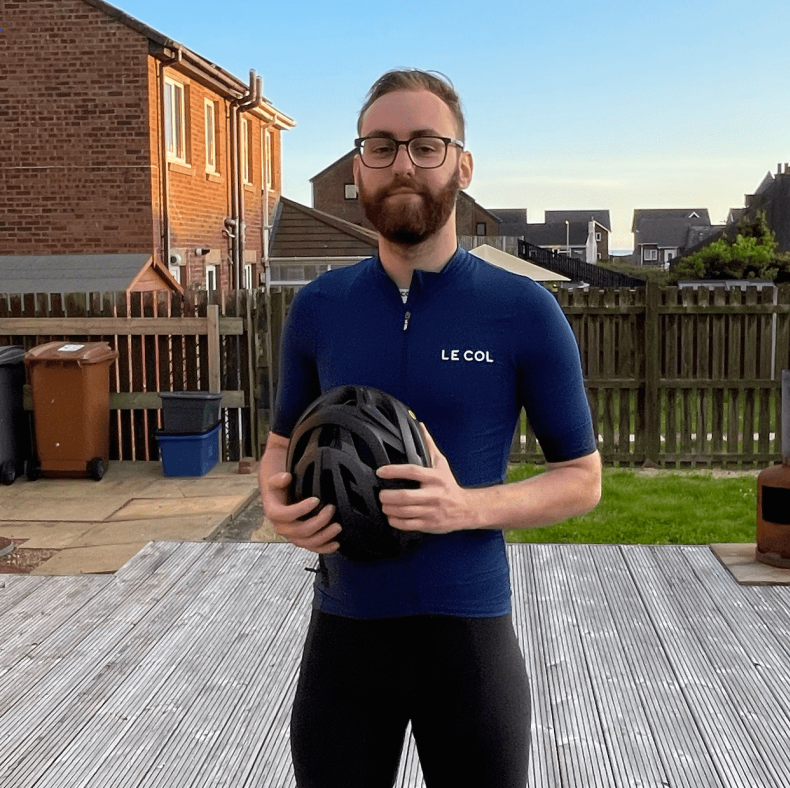
Matthew Mace is an avid cyclist, runner, and freelance content writer with a keen interest in psychology and injury. He studied sport and exercise at Durham University and now writes about cycling, wellness and mental fitness.


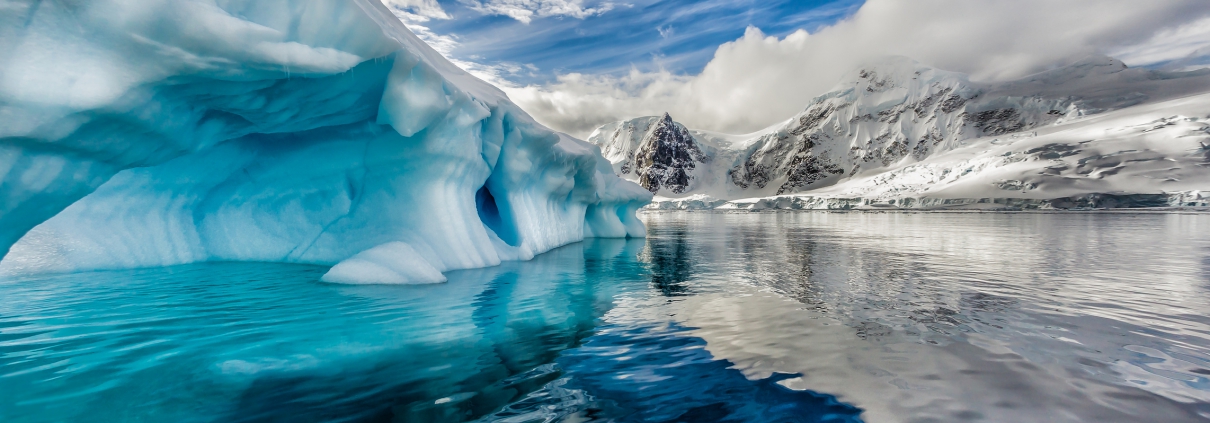



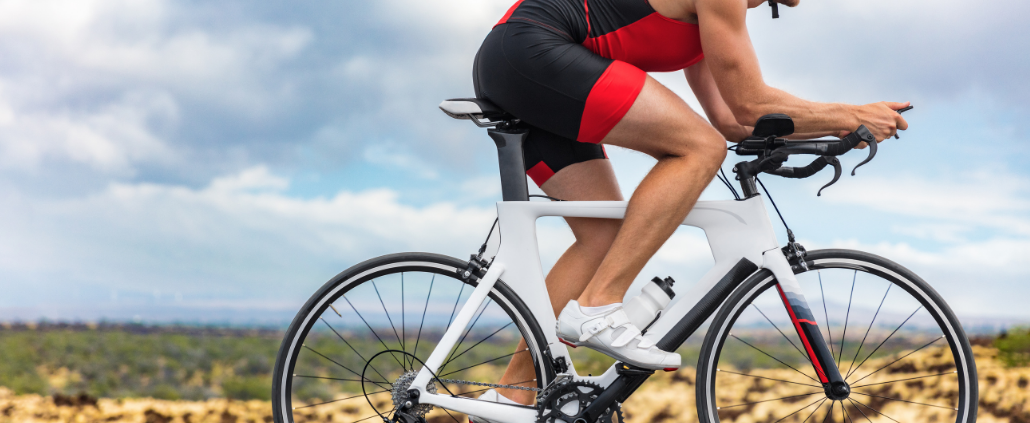
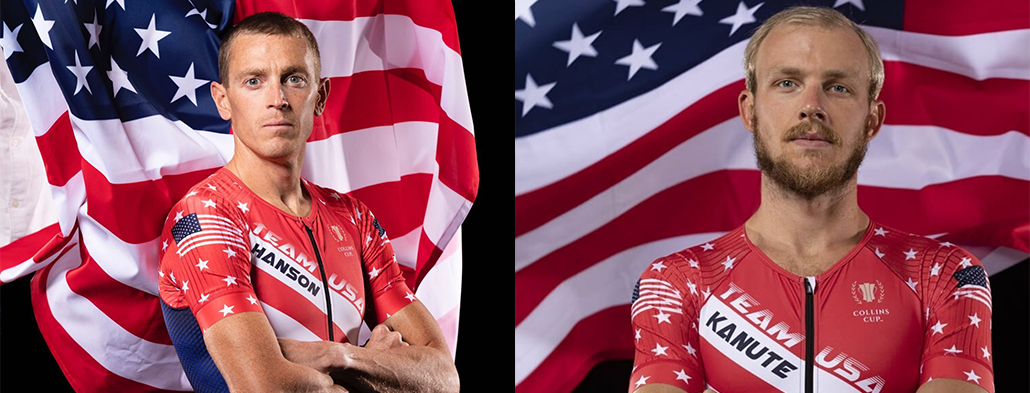
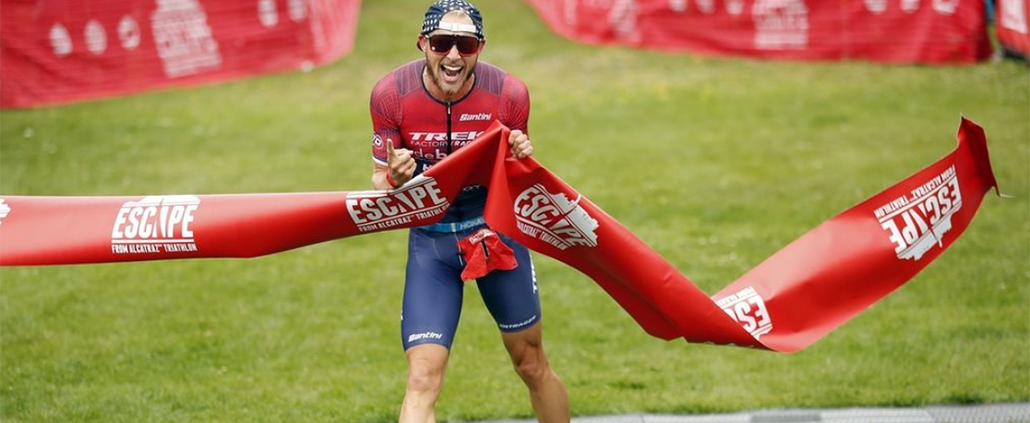 Rocky Arroyo
Rocky Arroyo